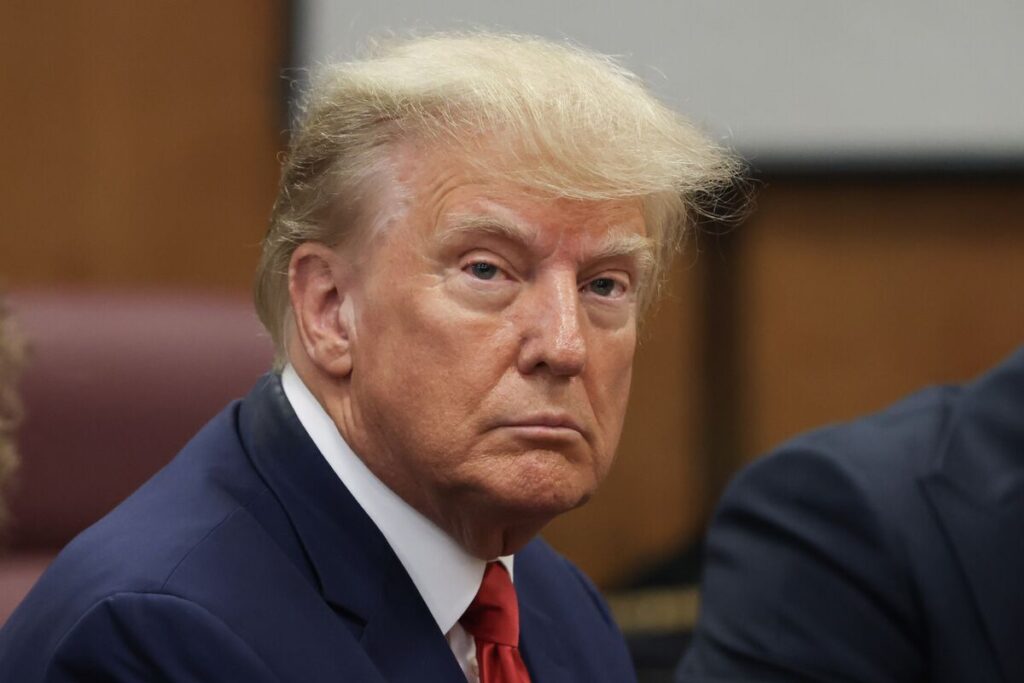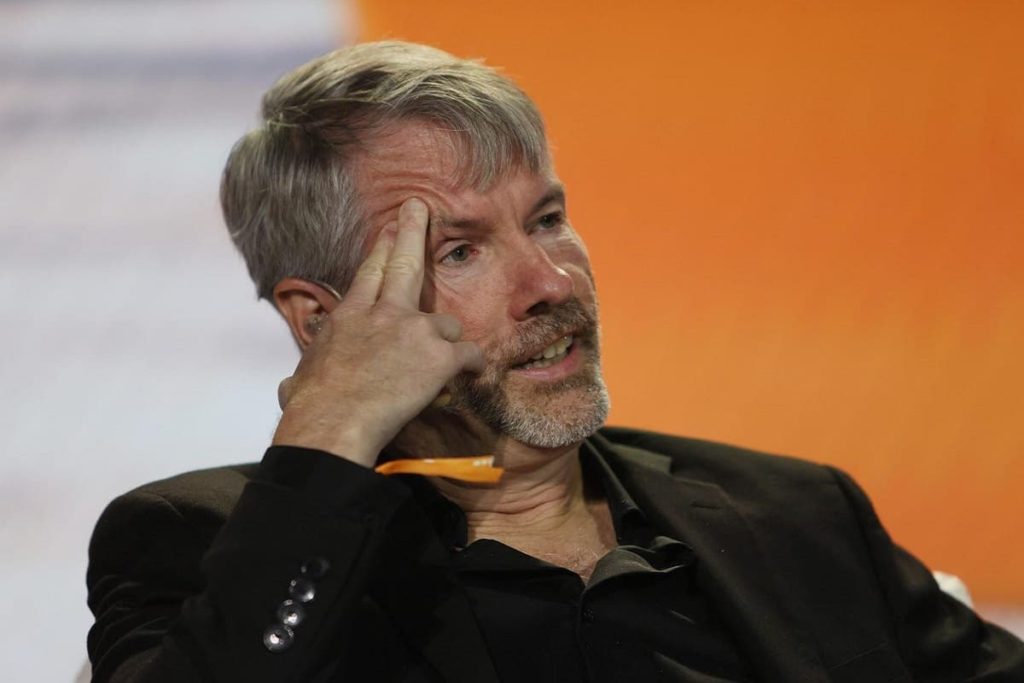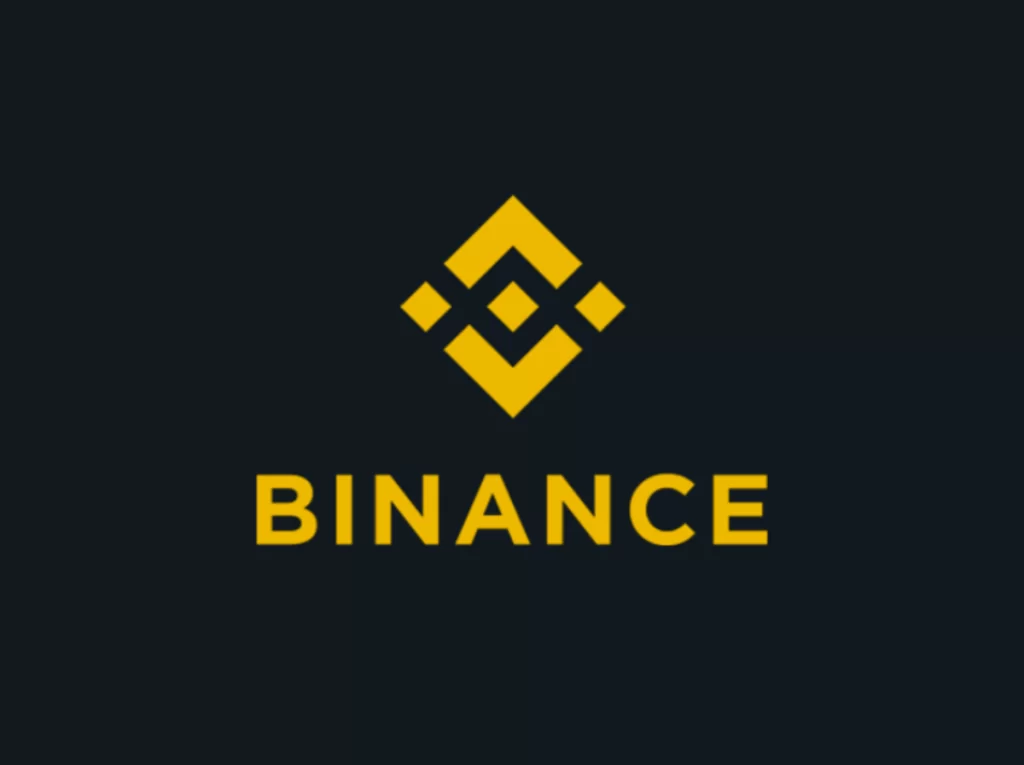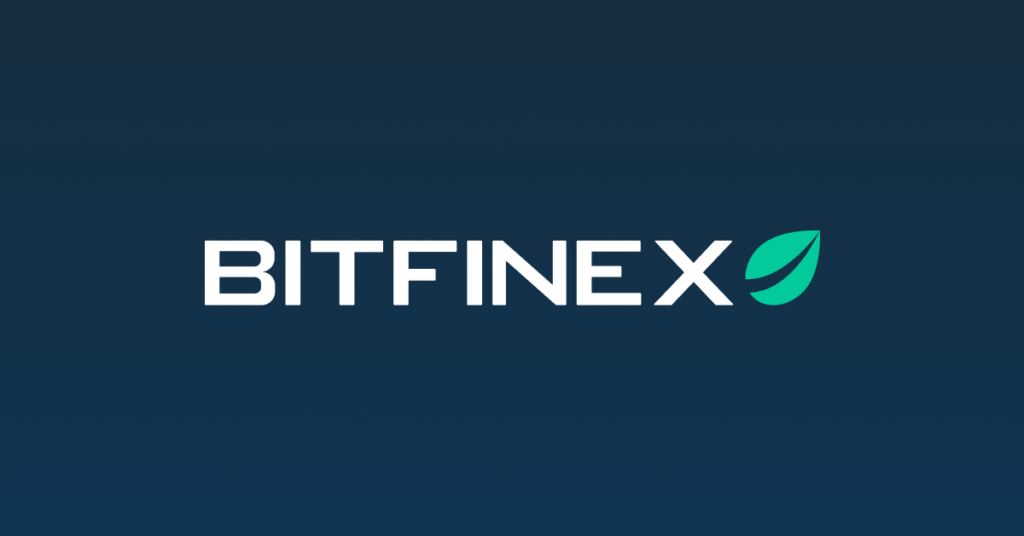United States President Donald Trump has announced his desire for all future Bitcoin to be mined within the U.S. after meeting with key industry leaders.
On June 12, Trump met with Jason Les, CEO of Riot Platforms, and Brian Morgenstern, the company’s head of public policy.
Following the meeting, Trump expressed his support for domestic mining firms on Truth Social.
To gain more insight, Cointelegraph spoke with Greg Beard, CEO of Stronghold Digital Mining and former head of energy at Apollo.
Beard emphasized the importance of U.S. leadership in Bitcoin mining, stating, “The U.S. is and should be a leader in supporting and securing Bitcoin as an alternative to the ever-deflating values of sovereign-backed currencies.”
He also urged President Joe Biden to support Bitcoin, adding, “We believe in what we’re doing and we think Bitcoin is the right asset for American society and far beyond it. We hope to have the support of any administration.”
Despite Biden’s silence on the matter, there are indications that his campaign is preparing to accept crypto donations soon.
Trump’s endorsement has energized the Bitcoin community on social media, with Jan3 CEO Samson Mow among the most optimistic.
“I guarantee that this move from Trump will be discussed behind closed doors by governments around the world,” Mow said, highlighting its global implications.
READ MORE: SEC May Receive Only a Fraction of Multibillion-Dollar Terraform Labs Settlement
Another user suggested that Trump might use Bitcoin’s price as a measure of success in his potential second term.
However, not everyone welcomed Trump’s stance. Laura Shin, host of the Unchained Podcast, questioned the celebration, arguing that it could centralize Bitcoin and make it vulnerable.
“Why are you applauding that? I don’t get it,” Shin remarked.
In response, Shapeshift founder Erik Voorhees downplayed Trump’s comments, calling them “nonsense” but acknowledging that they signal a positive environment for Bitcoin in the U.S.
Trump’s support for Bitcoin mining contrasts sharply with a report by Kerrisdale Capital, which criticized the industry.
Sahm Adrangi, Kerrisdale’s chief investment officer, argued that the U.S. should focus on more sustainable cryptocurrencies.
“I believe that the U.S. does not need to support Bitcoin,” Adrangi stated, citing concerns about energy consumption.
Despite these criticisms, Beard highlighted the benefits of Bitcoin mining for energy efficiency and grid stability.
“Bitcoin mining advances energy efficiency, and people and policymakers are starting to get it,” he said.
He explained that Bitcoin mining can help balance the grid and support the transition to renewable energy by adjusting energy usage in real-time.
To submit a crypto press release (PR), send an email to sales@cryptointelligence.co.uk.








